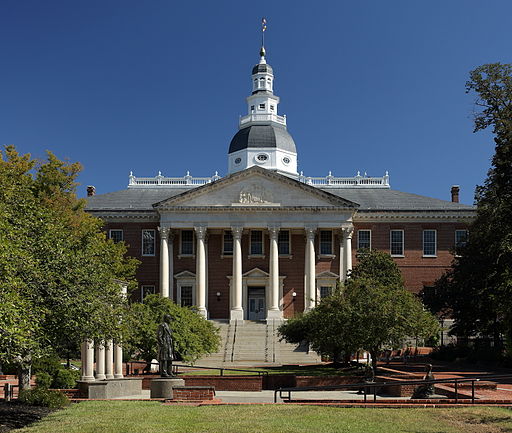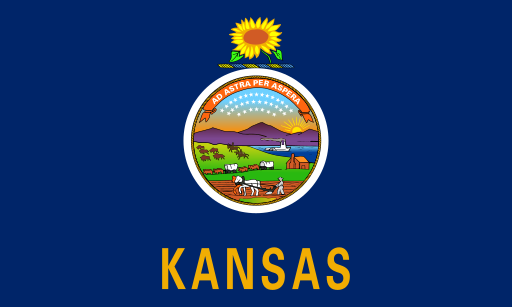Author: Victoria Antram
-
Maryland voters to decide on changes to vacancy procedures for Judicial Disabilities Commission in 2026

The Maryland State Legislature voted to send a constitutional amendment to the Nov. 3, 2026, ballot that would change how vacancies are filled on the Judicial Disabilities Commission. The amendment would allow the chair of the Commission on Judicial Disabilities to appoint former members to temporarily fill vacancies or allow the governor to appoint a…
-
Wisconsin voters approve measure to add voter photo ID to state constitution

On April 1, Wisconsin voters approved a constitutional amendment to add voter photo ID to the state constitution. As of April 2, the margin was 62.74% to 37.26%. State law already requires photo ID to vote. By adding the requirement to the Wisconsin Constitution, Question 1 effectively raised the threshold to make changes to the…
-
Kansas voters will decide on citizenship voting requirement amendment in 2026—similar measures were approved in eight states in 2024

Kansas voters will decide on a constitutional amendment on Nov. 3, 2026, to state that “No person shall be deemed a qualified elector unless such person: (1) Is a citizen of the United States...” Similar measures were approved in eight states in 2024, and South Dakota voters will also be deciding on such an amendment…
-
Kansas voters to decide on amendment for direct election of state Supreme Court justices in August 2026

The Kansas State Legislature voted to send a constitutional amendment to voters that would provide for direct election of state Supreme Court justices and abolish the existing Kansas Supreme Court Nominating Commission. The amendment states that the seven justices would be elected at staggered general elections with positions 1, 2, and 3 elected in November…
-
New Mexico voters will decide whether to eliminate gubernatorial pocket veto power in 2026

New Mexico voters will decide in 2026 whether to amend the state constitution so that bills automatically become law if the governor does not sign or veto them within the required timeframe. Currently, the governor has the power to pocket veto legislation, which means that any bill not signed within the required timeframe is effectively…
-
South Dakota voters to decide on citizenship voting requirement amendment in 2026 after eight states approved similar measures in 2024

The South Dakota State Legislature voted to send a constitutional amendment to the 2026 ballot that would provide that noncitizens of the United States are disqualified from voting in any election in the state. This will be the 15th statewide ballot measure related to citizenship voting requirements since 2018. In 2024, eight states approved similar…
-
Ballot measure campaigns in 2024 raised more than the last three even-year election cycles

In 2024, campaigns supporting and opposing the 159 ballot measures that appeared on statewide ballots received more than $1.3 billion in contributions—more than each of the last three even-year election cycles. Campaigns in 2020 raised the second-highest amount ($1.2 billion) despite having the fewest number of ballot measures—129. Campaigns behind the 11 measures in California…
-
Oregon voters have defeated more ballot measures than they have approved since 1900

Ballotpedia completed an inventory of all Oregon ballot measures since 1900. Oregon voters decided on 881 ballot measures between 1900 and 2024—defeating over 53% of them. Four hundred eleven (411) measures were approved, and four hundred seventy (470) measures were defeated. Of the 881 ballot measures, 14 were decided by less than a percentage point…
-
Wisconsin voters have decided on 257 ballot measures since statehood

Ballotpedia completed an inventory of all Wisconsin ballot measures since 1846, when voters decided on a ballot measure to form a state government. Wisconsin decided on 257 ballot measures between 1846 and 2024. Of these, 184 measures (71.6%) were approved, while 73 (28.4%) were defeated. Only the Wisconsin State Legislature can place a ballot measure…
-
Nine states have new initiative signature requirements heading into the 2025-2026 election cycle

Heading into the 2025-2026 election cycle, signature requirements for citizen-initiated measures changed in nine states. Turnout on Nov.5, 2024, caused signature requirements for citizen-initiated ballot measures to change in seven states. Two other states changed their requirements based on the number of registered voters. The average change was a 12.47% increase. Changes ranged from a…

